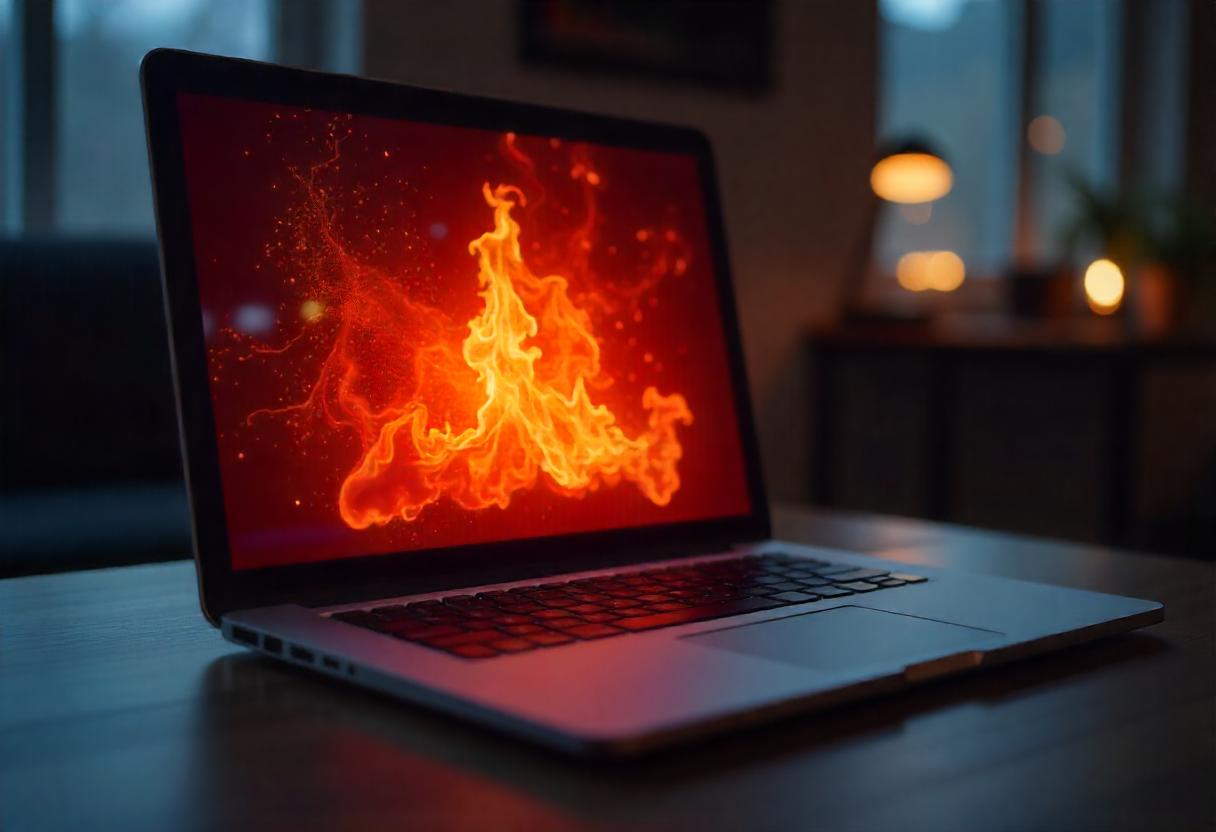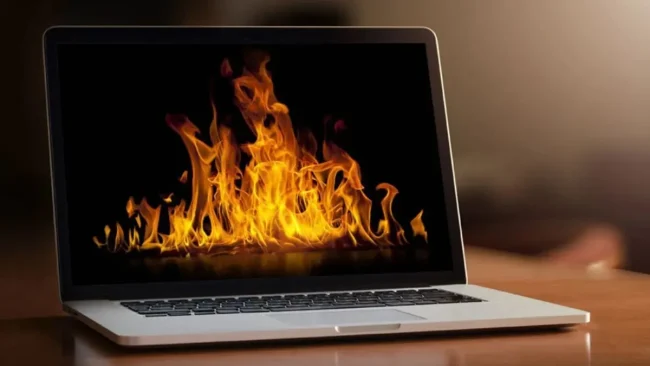
Laptop Overheating? Beware! 7 Alarming Signs of Malware Invasion
In today’s digital age, laptops have become an essential part of our daily lives. Whether for study, work, entertainment, or storing personal data, we rely heavily on this device. But have you ever considered the possibility that your trusted laptop could fall into the hands of hackers?
According to cybersecurity experts, a type of harmful software known as malware can silently infiltrate your laptop—stealing personal data, spying on your activities, and even taking control of your system. Identifying the warning signs early on is key to avoiding major damage.

Here are 7 dangerous signs your laptop may be infected with malware:
1. Laptop Suddenly Slowing Down
If your laptop becomes unusually slow or takes too long to boot up, it could be an early sign of malware infection. Malware often runs in the background, using your processor’s power to send stolen data to remote hackers, thereby slowing down your system.
2. Frequent Unfamiliar Ads or Pop-Ups
Are you being bombarded with pop-up ads or strange banners while browsing the internet? This could be a sign of adware malware, which not only displays ads without your consent but can also collect sensitive data.
3. Browser Homepage or Search Engine Suddenly Changed
If your browser’s homepage or default search engine changes on its own, or suspicious extensions appear, this may indicate the presence of browser hijacker malware. This type of malware can manipulate your browser and redirect you to potentially harmful websites.
If your laptop is overheating abnormally and the fan is constantly running at high speed, malware might be the culprit. Such malware runs hidden processes that overburden your CPU, risking long-term hardware damage.
3. Browser Homepage or Search Engine Suddenly Changed
If you find software installed on your laptop that you don’t recognize or remember installing, that’s a major red flag. Unfamiliar applications can be malware in disguise, silently stealing data or providing backdoor access to hackers.
6. Files Suddenly Locked or Missing
One of the most dangerous forms of malware is ransomware, which encrypts your important files and demands payment to unlock them. If files disappear or become inaccessible, ransomware could be at play.
7. Antivirus Software Disabled
Some advanced malware can disable your antivirus software, making it harder to detect or remove. If your security software stops working unexpectedly or won’t start at all, it’s time to take action.
What You Can Do to Protect Yourself:
Keep your antivirus software updated
Perform regular system scans
Avoid clicking suspicious links or downloading unknown files
Consult a cybersecurity expert if you notice anything unusual
Malware doesn’t just steal your personal data—it can jeopardize your entire digital life. Awareness and prevention are your best defenses.
